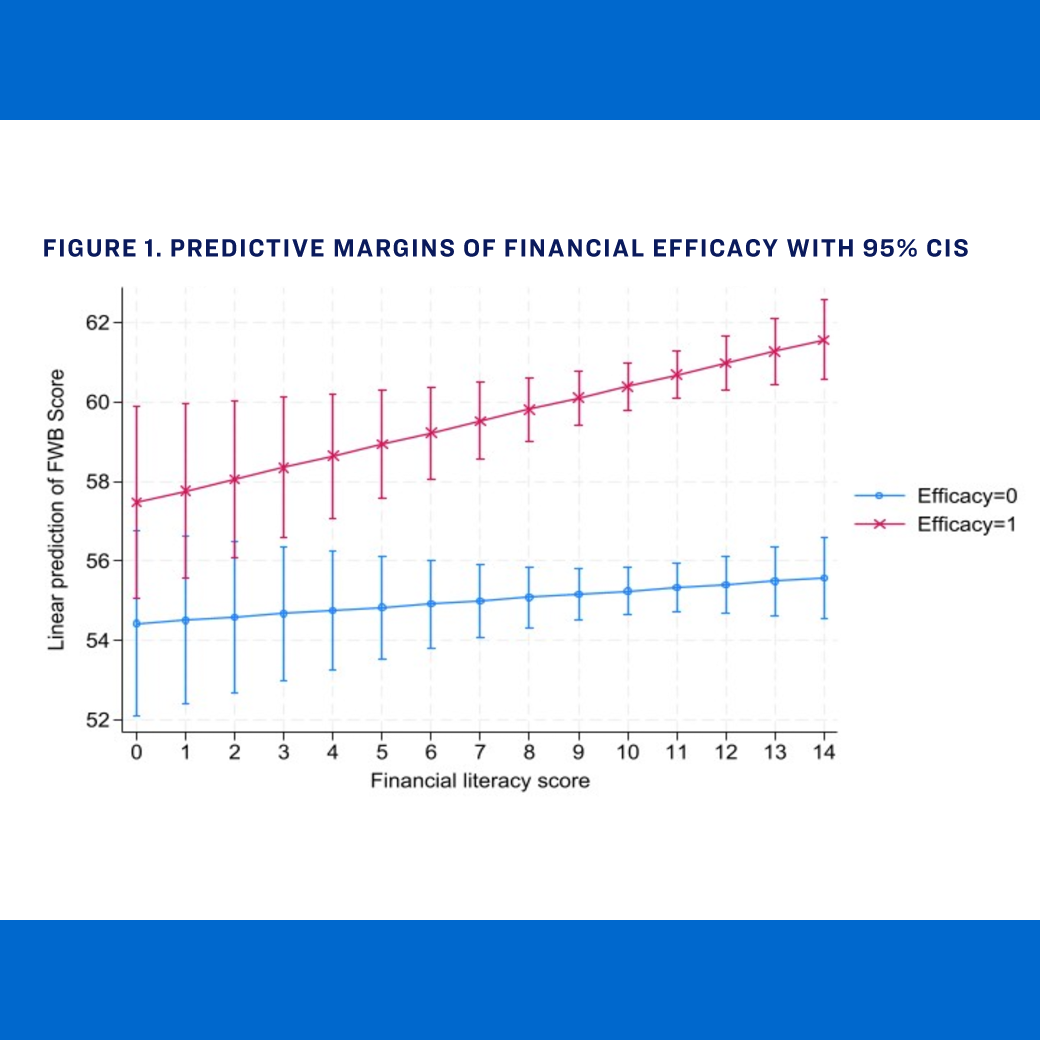The concept of financial wellbeing is subject to different definitions and interpretations, and there can be significant differences between individuals’ perceptions of their financial wellbeing and objective quantifiable measures.
Summary
An individual’s state of financial wellbeing arises from a compilation of factors, including their self-perception of having the autonomy to make sound decisions, behaviors they undertake, objective values of their net worth, and their self-assessment of current positions and future expectations. This study systematically identifies the drivers of financial wellbeing, tests their relationship to composite measures, and outlines the behaviors, perceptions, and quantifiable outcomes that contribute to it.
Key Insights
- An individual’s discount rate, financial efficacy, household income, and good physical health appear to drive financial well-being.
- The personality trait of conscientiousness is significantly associated with positive financial behaviors.
- Financial literacy appears to be necessary but not sufficient to enhance financial well-being.



